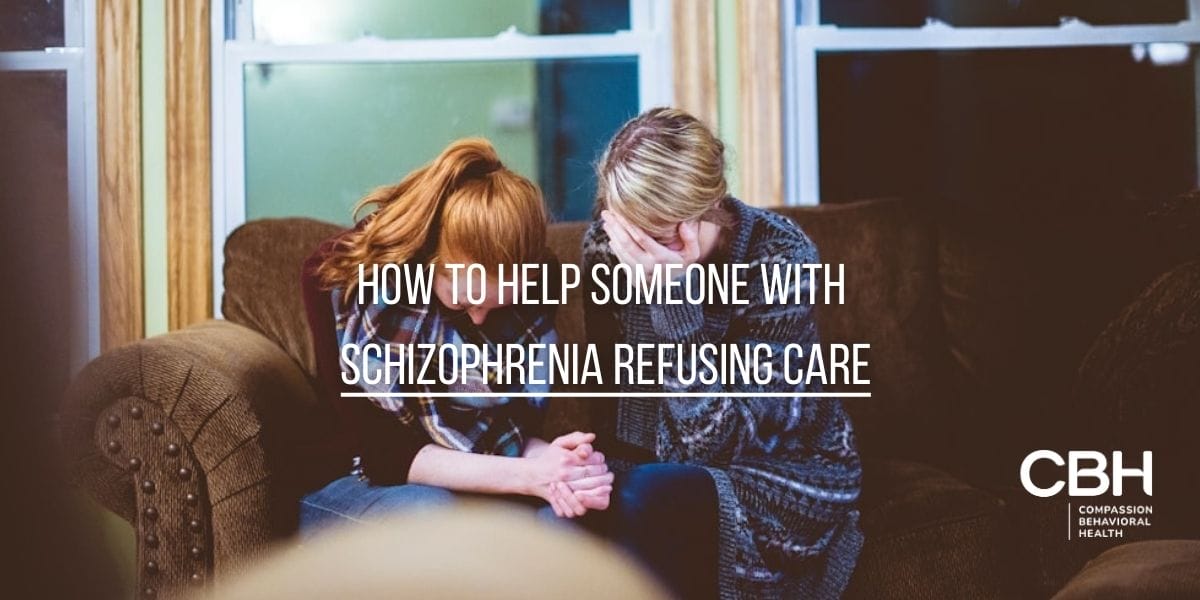Diet culture permeates almost every aspect of modern culture. Whether you are viewing an advertisement for a new supplement, seeing posts about a new trend on social media, or hearing about a diet’s benefits from a friend, this topic seems almost inescapable.
While some may benefit from changing how they eat or exercise, society’s fixation on an idealized or “perfect” human form can impact the mental and physical health of many others. This diet culture can result in the development of eating disorders or issues with self-esteem and body image.
Today, we are going to explore the potential impacts of diet culture on mental health with a particular focus on its effects on eating disorders. We’ll also touch on what you can do if diet culture is negatively affecting your mental health. If you prefer to skip reading and learn more about how you can receive help, call us today at (844) 999-0874 or reach out online. You can also call or text the National Eating Disorders Association (NEDA) helpline at (800) 931-2237.
Can Constant Dieting be an Eating Disorder?
NEDA identifies a preoccupation with dieting or frequently engaging in new diets as emotional and behavioral symptoms of eating disorders. When someone living with an eating disorder diets, they are usually not doing so for health reasons. Instead, they often diet to change their appearance which can often be driven by issues with self-esteem, body image, or past trauma.
In these situations, someone who tries new diets on a regular basis is trying to use the principles of the diet program to control their weight or shape in an unhealthy way. They may diet to the point of malnutrition, forego necessary nutrients, or excessively exercise to the point of injury. This can result in serious long-term physical and mental health consequences.
What are Some Other Warning Signs?
There are many other warning signs and symptoms associated with eating disorders. These can include, but are not limited to:
- Refusing to eat around others
- Never deviating from their diet under any circumstances
- Engaging in specific rituals around how they prepare and consume their food
- Exercising excessively
- Engaging less frequently in social activities
- Obsessing over certain foods or recipes
- Depression and anxiety
- Irritability or mood swings
- Notable changes in body weight
- Digestive issues
- Feelings of fatigue, dizziness, or physical weakness weakness
- Immune system issues
Someone who lives with an eating disorder may also display an increased preoccupation with their self-image. This could include trying on an unusual number of outfits before leaving the house, spending atypically long periods of time applying cosmetics or styling their hair, or seeking frequent affirmations from others about their appearance.
A person experiencing an eating disorder may also react negatively or in distress if some aspect of their appearance is not “right”. For example, they may miss an event or wear baggy clothes to hide their body if they feel overweight.
How Does Diet Culture Contribute?
Diet culture often leads people to believe that they need to diet or change their appearance in order to be happy or successful. This belief can result in a preoccupation with food and weight which can lead to dieting and eventually an eating disorder.
Many times, promotional materials for dieting products use images of people that conform to an ideal societal standard of appearance. They may also only focus on the “after” results of using the product without explaining other contributing factors to a person’s healthy weight loss such as exercising or modifying lifestyle habits like quitting smoking or getting better sleep.
Frequent dieting may progress to another type of eating disorder. For example, someone with anorexia nervosa may start out by dieting to lose weight but eventually develop an intense fear of gaining weight. This can result in them severely restricting their food intake to the point of starvation.
Bulimia nervosa is another type of eating disorder that may start with dieting. People with bulimia nervosa often diet to lose weight but eventually develop a pattern of binge eating followed by purging. Purging can include self-induced vomiting, the use of laxatives or diuretics, compulsive exercising, or fasting.
Binge eating disorders may also occur after dieting. People exhibiting binge eating behaviors often eat large amounts of food in a short period of time and feel out of control while doing so. They may feel ashamed, embarrassed, or guilty after binge eating and may try to diet to “make up” for it.
Getting Help for Dieting and Eating Disorders
If you or someone you know is dieting to the point of malnutrition, foregoes necessary nutrients, or excessively exercises to the point of injury, it’s important to seek professional help. Eating disorders are serious mental health conditions that can result in long-term physical and mental health consequences.
At Compassion Behavioral Health, we offer treatment services for eating disorders to people throughout the U.S. from our center in beautiful South Florida. To learn more about getting help, please call us today at (844) 999-0874, reach out to us online, or visit the NEDA homepage for more resources.



